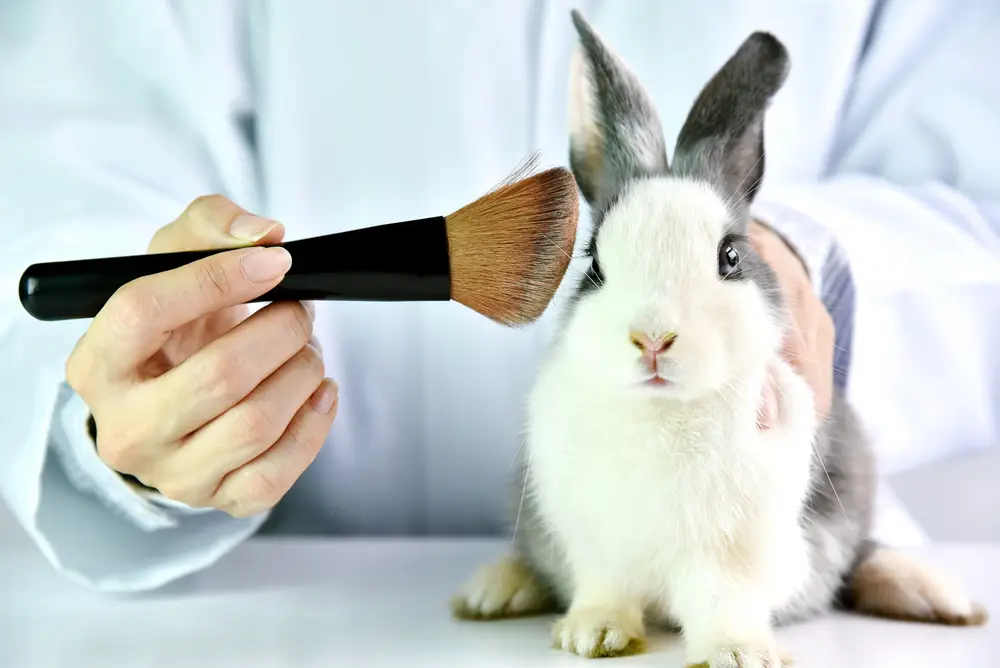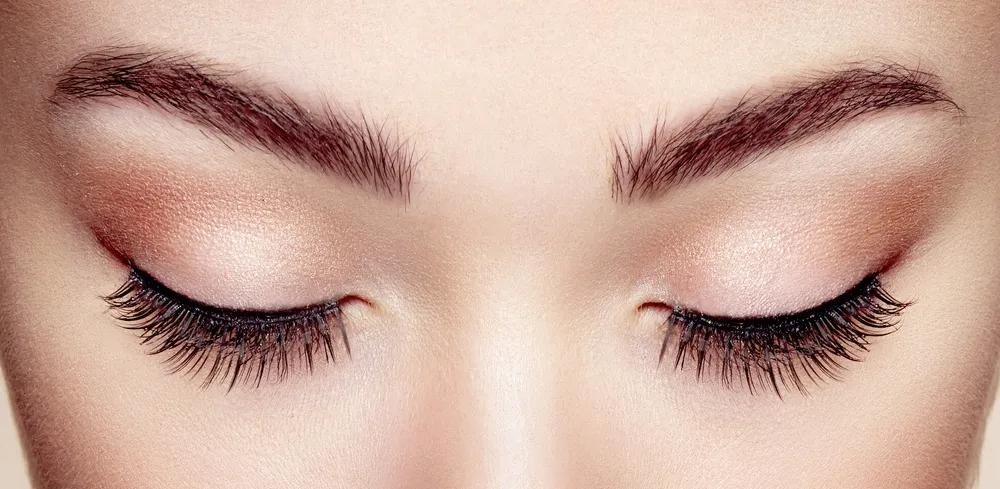In a major legal settlement, popular false eyelash company Lilly Lashes LLC has agreed to pay $500,000 to resolve a class action lawsuit accusing the brand of falsely marketing its mink fur eyelashes as "cruelty-free."
The proposed settlement, which still requires court approval, could entitle consumers who purchased the mislabeled lashes to cash payments of $10 per pair.
Plaintiff Behind the Lawsuit
California resident Haylee Woodard filed the class action lawsuit after purchasing the company's mink eyelashes based on the understanding that Lilly Lashes didn’t harm animals.
Soon after, Woodard learned about the alleged animal abuse involved in the production of the lashes.
Woodard brought the case as a class representative on behalf of herself and all other similarly situated consumers nationwide who purchased the so-called “cruelty-free” Lilly Lashes, claiming false and misleading marketing practices that violated consumer protection laws.
The Baird and the Spencer Law Firms, representing Woodard and the class, specialize in complex consumer class action litigation and have successfully prosecuted similar false advertising cases.
Allegations Against Lilly Lashes
Woodard's lawsuit claims that Lilly Lashes engaged in false and misleading advertising by labeling its mink fur eyelashes as "cruelty-free," deceiving consumers about the animal welfare practices involved in manufacturing.
Cruelty at fur farms
According to the complaint, Lilly Lashes sources its mink fur products from fur farms where third parties subject animals to cruel and inhumane living conditions and slaughter methods.
Animal rights censures
The lawsuit also cited investigations by animal rights groups like PETA that alleged the extreme confinement, deprivation, neglect, and brutal killing of minks on the company’s commercial fur farms.
Protection law infringements
Woodward likewise accuses Lilly Lashes of violating several California consumer protection laws, including the False Advertising Law, Unfair Competition Law, and Consumer Legal Remedies Act.
The proposed nationwide class is all U.S. consumers who purchased Lilly Lashes mink eyelashes from June 2018 to February 2025, seeking monetary damages, injunctive relief, and attorneys' fees and costs.
New Details About the Class Action
After years of litigation and negotiations, the parties reached a class action settlement agreement in which Lilly Lashes agreed to pay $500,000 into a non-reversionary settlement fund to resolve the claims.
The company denies any wrongdoing but decided to settle to avoid further expense, inconvenience, and the distraction of burdensome litigation.
Under the proposed settlement terms, eligible class members can receive a cash payment of $10 for each pair of lashes purchased if they have proof of purchase, such as a receipt, credit card statement, or other documentation.
Class members without proof of their Lilly Lashes purchase can still participate in the settlement and receive a one-time payment of $10 per household by submitting a valid claim form and attesting to their purchase under penalty of perjury.

Injunctive Relief: Labeling Changes
In addition to the monetary relief for class members, the settlement also requires Lilly Lashes to change its product labeling and marketing practices.
Specifically, the company must remove the "cruelty-free" claim from the packaging and advertising of its mink fur lash products for three years.
The courts imposed this injunctive relief to prevent similar misrepresentations in the future and ensure that consumers can make informed purchasing decisions based on accurate information about the animal welfare implications of the products.
How to File a Claim in the Lilly Lashes Settlement
You may now file a claim if you qualify as a class member and wish to receive compensation from the Lilly Lashes settlement. You should review settlement documents to understand the significance of accepting the settlement and your legal options.
Online claims
- Visit the official LilySettlement website.
- Click the "Submit a Claim" button.
- Fill out the online claim form with your contact information and purchase details.
- You must upload or mail copies of your receipts or other documentation if you have proof of purchase.
- Choose whether you want to be paid by check, PayPal, Venmo, or Zelle.
- Affirm that the information you provided is true and click “Submit.”
Paper claims
Alternatively, you can download a paper claim form from the settlement website, fill it out, and mail it to the settlement administrator.
Waiver
By filing a claim, you will give up your right to sue Lilly Lashes separately over the same conduct alleged in the lawsuit. However, you can exclude yourself from the settlement class by May 15, 2025, to preserve your right to bring your own lawsuit. You can also object to the settlement by writing to the court. Visit the settlement website for additional information on your legal rights and options.
Remember - You must submit all claim forms online or postmarked by May 15, 2025, to be eligible for payment. The average processing time for claims is 30-60 days after final approval.
What Happens Next
The Lilly Lashes class action settlement still needs final approval from the court before it can take effect.
The judge will evaluate the settlement terms' fairness, reasonableness, and adequacy at a final approval hearing on July 29, 2025.
If the settlement is approved, class members who submit valid claims by the deadline will be eligible to receive payments once any appeals are exhausted and the settlement becomes final.
Class members who do nothing will not receive a payment and will give up their right to sue Lilly Lashes separately over the same false advertising allegations.
Cruelty-free has become an important criterion that generally implies a manufacturer developed a product and its ingredients without animal testing and contains no animal-derived materials obtained through cruel or exploitative practices.
False and misleading claims can lead animal advocates to unwittingly support the very practices they seek to avoid and can erode consumer trust in the beauty industry as a whole.
The Lilly Lashes class action settlement offers eligible consumers who care about animal welfare and rely on labels to make ethical purchasing decisions the opportunity to hold a major beauty brand accountable for alleged false advertising.
It also sends a message that beauty brands must be truthful and transparent about their animal testing policies and supply chain practices.




Add Comment